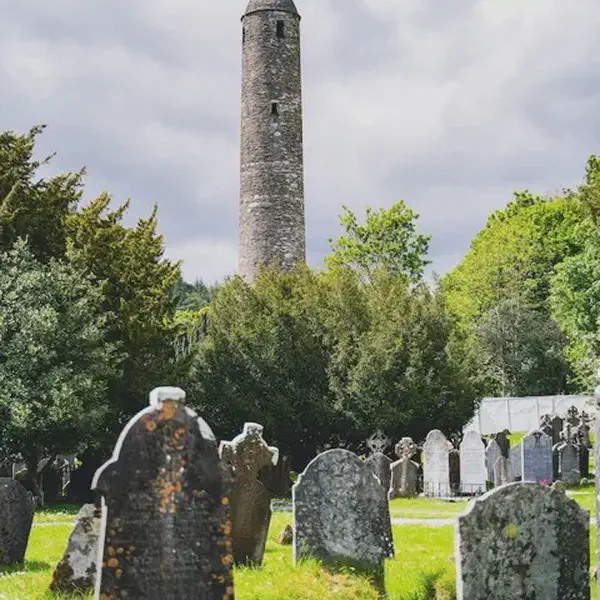
Abandonment of Scotlands Only New World Colony, Caledonia, at Darien, Isthmus of Panama
April 12, 1700
The Darién scheme is probably the best known of all Scotlands colonial endeavours, and the most disastrous. In 1695, an act was passed in the Scottish Parliament establishing The Company of Scotland Trading to Africa and the Indies and was given the Royal assent by the Scottish representative of King William the II of Scotland (and III of England). This act gave the company a 31 year monopoly on trade with Africa and Asia, authorised it to arm and equip ships and to establish colonies in uninhabited or unclaimed areas of America, Asia or Africa. These powers were similar to those of the English East India Company, which opposed the establishment of a Scottish rival.
Capital for the company of £ 400,000 (estimated at one third to one quarter of the liquid wealth of Scotland) was raised solely in Scotland, due to intrigue by English merchants and the English government which prevented shares being sold in Amsterdam and Hamburg. This opposition also prevented shares being sold in England, as was the original intention. In 1696, 2,500 Scottish settlers, in two expeditions, set out to found a Scottish trading colony at Darién on the Isthmus of Panama. These settlers were made up of ex-soldiers, ministers of religion, merchants, sailors and the younger sons of the gentry, to receive 50 to 150 acres each. The government of the colony was run by a committee, the chairman of which changed every two weeks, thus preventing any real sustained progress in solving the problems faced by the settlers.
These problems included a lack of provisions due to famine in Scotland, the Scots lack of colonising experience, diseases such as malaria, poor weather and the proximity of the Spanish, who claimed the land the Scots had settled on. Also, for a trading colony established to trade with passing ships in both the Pacific and Atlantic oceans, they carried a poor choice of trade goods, including wigs, shoes, bibles, woolen clothing and clay pipes.
The colony received no assistance from the crown or English colonies in the West Indies or Jamaica, despite having been promised, in the 1695 Act, the assistance of William II. So, the Scots faced assaults by the Spanish on their own. In 1699, they dealt with this by recruiting a Jamaican captain to raid Spanish shipping as a privateer, though this achieved little. Soon thereafter, the Spanish mounted an expedition of 500 men to wipe out the Scots. This was effective, as most settlers had already succumbed to disease or starvation.